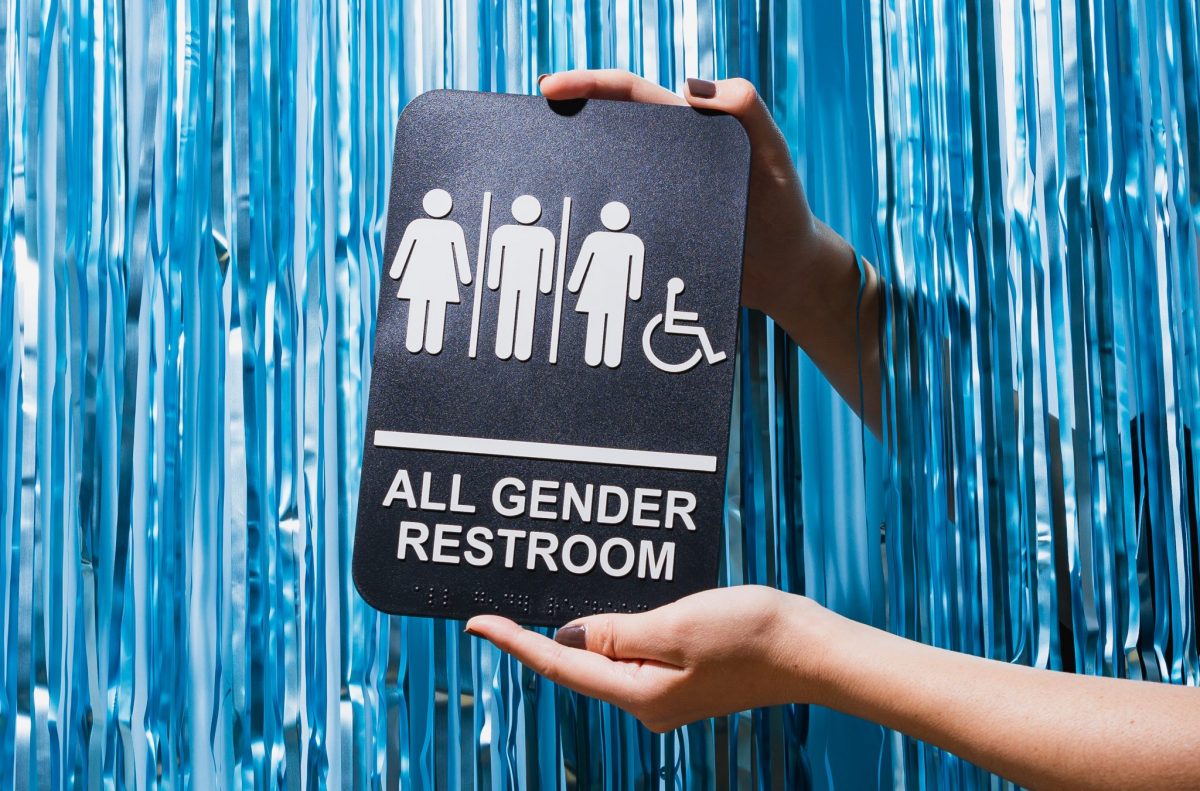The Sixth Circuit Court of Appeals has allowed for the Tennessee law that restricts transgender youth from accessing gender-affirming medical care to remain in effect. This ruling comes months after the court initially blocked the law from taking effect in July.
Lambda Legal, the American Civil Liberties Union (ACLU), the ACLU of Tennessee (ACLU-TN), and Akin Gump Strauss Hauer & Feld LLP filed the lawsuit on behalf of Samatha and Brian Williams of Nashville and their 15-year-old daughter, L.W., in April of this year. The suit was also filed on behalf of two other families, as well as Dr. Susan N. Lacy.
The state law was signed by Governor Bill Lee in March. It prohibits healthcare professionals from administering gender-affirming care to minors. The law was set to take effect on July 1st.
This legislation makes gender-affirming hormone therapy and puberty blockers inaccessible and trans people in Tennessee will not have access to this care until they reach the age of 18. Similar restrictions have been made in states like Arkansas and Alabama.
“The law prohibits medical providers from treating transgender youth with evidence-based, gender-affirming medical treatment and requires youth currently receiving gender-affirming care to end that care by March 31st, 2024,” said the ACLU.
Following the ruling, Lambda Legal, ACLU, ACLU-TN, and Akin Gump Strauss Hauer & Feld LLP issued a joint statement calling the ruling a “devastating result for transgender youth and their families in Tennessee and across the region.”
“The disastrous impact of Tennessee’s law and all others like it has already been felt in thousands of homes and communities,” the statement said. “Denying transgender youth equality before the law and needlessly withholding the necessary medical care their families and their doctors know is right for them has caused and will continue to cause serious harm. We are assessing our next steps and will take further action in defense of our clients and the constitutional rights of transgender people in Tennessee and across the country.”
Tennessee Attorney General Jonathan Skrmetti called the ruling “a big win for democracy.”
“Decisions that are not clearly resolved by the Constitution should be resolved by the people through their elected representatives,” Skrmetti said in a statement. “I am so proud of our team who stood strong against the overwhelming resources arrayed against Tennessee in this case.”
Jeffrey S. Sutton, chief judge for the Sixth Circuit Court of Appeals, delivered the opinion, citing work from medical organizations such as the World Professional Association for Transgender Health.
“Throughout this period, the association expressed caution about using medical interventions that would alter the secondary characteristics of an individual’s biological sex,” Sutton wrote.
Sutton also argued that there is a “long tradition of permitting state governments to regulate medical treatments for adults and children.”
“So long as a federal statute does not stand in the way and so long as an enumerated constitutional guarantee does not apply, the states may regulate or ban medical technologies they deem unsafe,” Sutton said.
The opinion also said that “parental rights do not alter this conclusion because parents do not have a constitutional right to obtain reasonably banned treatments for their children.”
However, the dissenting opinion, written by circuit judge Helene N. White, argues that the law “deprives parents of their right to make medical decisions affecting their children.”


